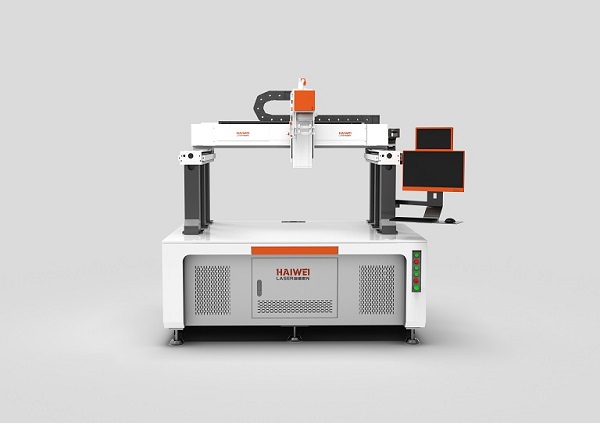Applications of Laser Welding Machines in Automotive Manufacturing
In the rapidly evolving landscape of automotive manufacturing, laser welding machines have emerged as indispensable tools for achieving precision, durability, and efficiency. From body assembly to powertrain components, the applications of automotive laser welding are vast and varied, offering solutions that traditional welding methods cannot match.

Precision in Body Assembly
One of the most significant applications of laser welding in car production is in the assembly of vehicle bodies. The ability to achieve high-precision welds with minimal heat input makes laser welding ideal for joining thin sheets of metal without causing warping or distortion. This is particularly important in areas like door panels, roofs, and side panels where aesthetic quality and dimensional accuracy are critical.
Benefits:
Minimal thermal distortion
Enhanced structural integrity
Superior surface finish
Powertrain Components
The engine and transmission systems benefit greatly from the use of laser welding technology. High-strength steels and aluminum alloys used in these components require precise and strong welds to ensure reliability and performance under extreme conditions.
Key Advantages:
Ability to weld dissimilar materials
Reduced need for post-weld finishing
Increased production speed due to automation
Battery Packs for Electric Vehicles
With the rise of electric vehicles (EVs), the demand for efficient and safe battery pack assembly has skyrocketed. Laser welding machines offer an unparalleled solution for sealing battery cells and connecting them into modules. Their capability to perform clean, fast welds ensures electrical insulation while maintaining mechanical stability.
Important Considerations:
Cleanliness and repeatability of welds
Resistance to vibration and impact
Thermal management during welding process
Exhaust Systems
For exhaust systems, which must withstand high temperatures and corrosive gases, laser welding provides a robust method for creating leak-proof joints. Stainless steel parts can be welded with precision, ensuring long-lasting performance and compliance with environmental standards.
Features Highlighted:
Consistent weld quality across different materials
Flexibility in welding complex geometries
Improved corrosion resistance
Safety and Compliance
Automotive manufacturers must adhere to stringent safety regulations and quality standards. By utilizing laser welding machines, companies can ensure consistent weld quality and traceability throughout the production line. Advanced monitoring systems integrated with laser welders allow real-time inspection and adjustment, reducing the likelihood of defects and rework.
Ensuring Compliance:
Integration with Industry 4.0 technologies
Data logging for quality assurance
Remote diagnostics and predictive maintenance
For automotive manufacturers aiming to enhance precision, efficiency, and product quality, integrating laser welding machines into production lines is no longer optional—it’s a strategic advantage. Whether used for body assembly, powertrain components, EV battery packs, or exhaust systems, automotive laser welding delivers consistent, high-quality results that support both performance and compliance.
Recent Posts
- What are the advantages of laser welding machines in lithium battery pack production lines?
- What issues should be noted when choosing a lithium battery pack production line?
- Quality Inspection and Control of Lithium Battery Module Pack Production Line
- Cell grouping and sorting process in lithium battery module pack production line
- What are the safety hazards of lithium battery pack production lines and how can they be prevented?
INQUIRY

